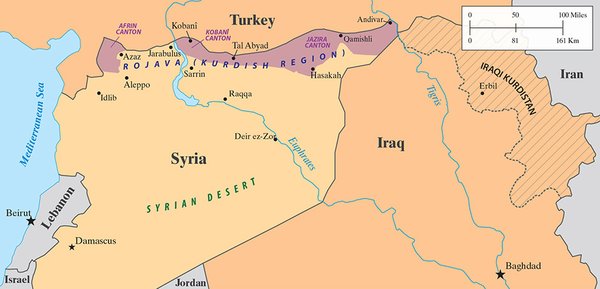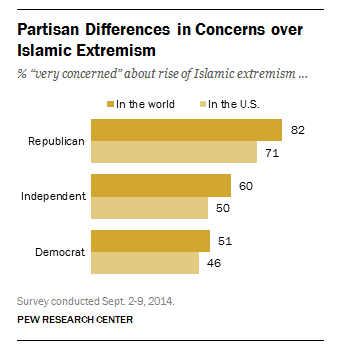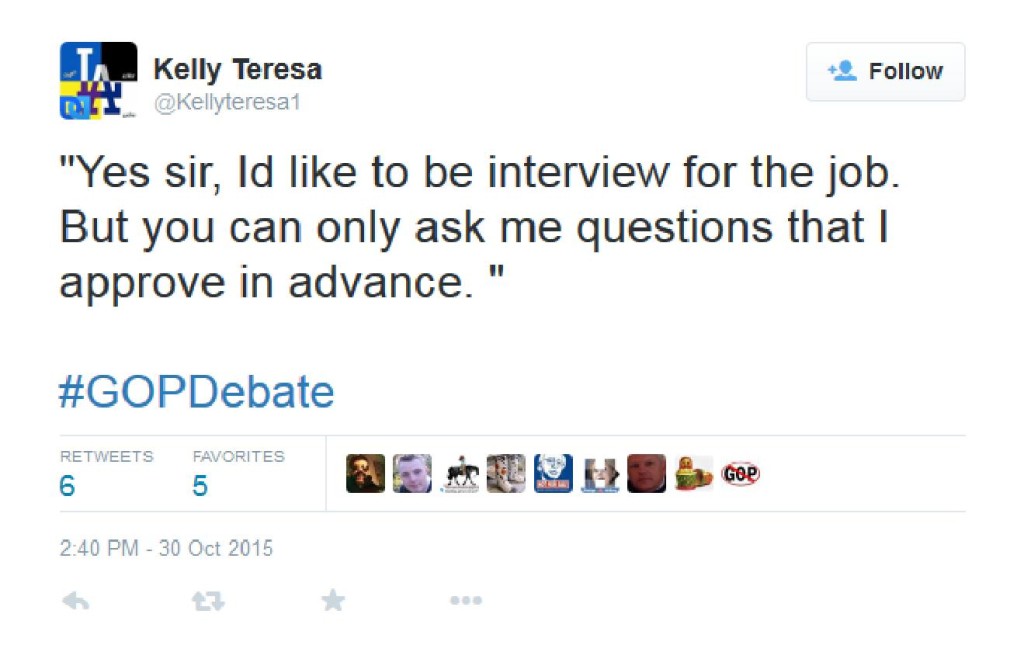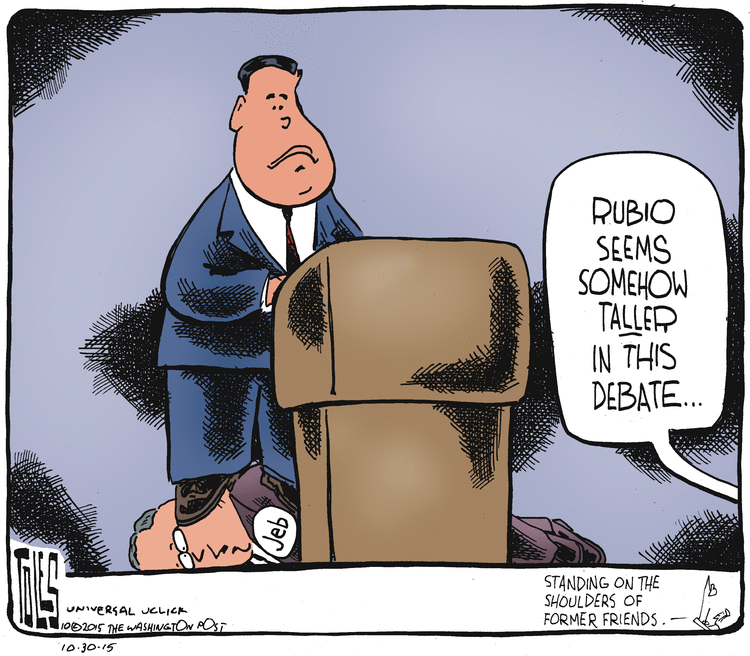According to breaking news, the Saudis severed ties with Iran after protesters in Tehran set fire to the Saudi embassy in riots over the execution by Saudi Arabia of the Saudi Shiite cleric Nimr al-Nimr. The Saudis are leaning on the Gulf States to break relations with Iran also.
Remember that Iran is a Shiite nation while the Saudis are majority Sunni, as are the Gulfies.
We don’t know if the Saudi charges and verdict against al-Nimr were trumped-up, or if his execution was a deliberate provocation, but, why didn’t Iran do a better job of guarding the Saudi embassy? Wrongo’s first thoughts went back to the 444 days that the US embassy was held by Iran. Was there a better way for Iran to remind America of that historic black eye?
Was Iran dumb, or simply ready to flex their new, post-sanctions muscles against Saudi Arabia?
And what about the new king in Saudi Arabia? Are these executions more about internal House of Saud politicking rather than a direct message to Iran? Is it more important for the Boy Prince Saud to establish his anti-Shia cred with his opponents in the ruling family? A secondary effect may be to rile the Iranians, since the Boy Prince is currently losing his wars in Yemen and in Syria. Perhaps a provocative execution is just what he needs to shore up public support.
The Saudis have now accused Iran of supporting terrorism. At the same time, some US lawmakers want to move the goalposts and make recent Iranian missile firings an issue, even though those missiles were never were part of the deal between the US and Iran.
Expect to see these two issues – Iranian support of terrorism and the Iranian missiles – to be dominant themes in the GOP primaries in an effort to tarnish Obama and Clinton while hoping to stall implementation of the Iran Nuclear deal. The GOP posturing about the Saudi execution continued with Republican presidential hopefuls failing to condemn the executions, while highlighting the strong alliance between Washington and Riyadh on the Sunday bobble head shows.
The fun then went full Sharia with Ben Carson suggesting that the nuclear deal struck last July between Iran, the US and five other world powers pushed Saudi Arabia to violently repress its Shiite population:
The Saudis have been one of our strongest allies in the Middle East, and I think it’s unfortunate that we put them in the position we have by showing the support to Iran that we have with this foolish deal…There’s no reason for the Saudis to believe that we’re really on their side when we do things like that.
And when you hear a medical doctor making excuses for mass executions, you gotta just change channels. And since you know he is vehemently pro-life, you have to cringe while you do it.
Carly Fiorina dismissed Iran’s reaction to the death of the leading anti-government protester:
I take the Iranian condemnation with a huge grain of salt…This is a regime that tortures citizens routinely, that thinks nothing of executions, that still holds four Americans in jail. Saudi Arabia is our ally, despite the fact that they don’t always behave in a way that we condone…Iran is a real and present threat.
You’ve got to hand it to these GOP candidates. It’s nearly impossible to be on the wrong side of nearly every geopolitical issue, but these folks are actually nailing it!
Wahhabism is the state-sponsored form of Sunni Islam in Saudi Arabia. Saudi Arabia’s export of Wahhabism throughout the Middle East is without question a greater threat to ME peace than Iran’s missiles.
In 2015, Saudi Arabia executed 158 people. They justify the executions as part of its strict interpretation of Sharia law. Punishing government protesters with death while citing Sharia law has led The New York Times editorial board to compare the kingdom’s judicial system to that of ISIS. Yet, unlike ISIS, Saudi Arabia currently sits on the United Nations Human Rights Council and, as both Fiorina and Carson noted, Saudi Arabia is considered a key US ally in the fight against the Assad regime in Syria.
Because of this, even our State Department did not fully condemn the Saudi executions, only voicing “concerns” over the practice. Here is empty suit spokesperson John Kirby:
We have previously expressed our concerns about the legal process in Saudi Arabia and have frequently raised these concerns at high levels of the Saudi Government…
Weasel words from the State Department.
We should see this as a time to re-balance our ME policy, and be less pro-Sunni.
We shouldn’t have a dog in this fight.









